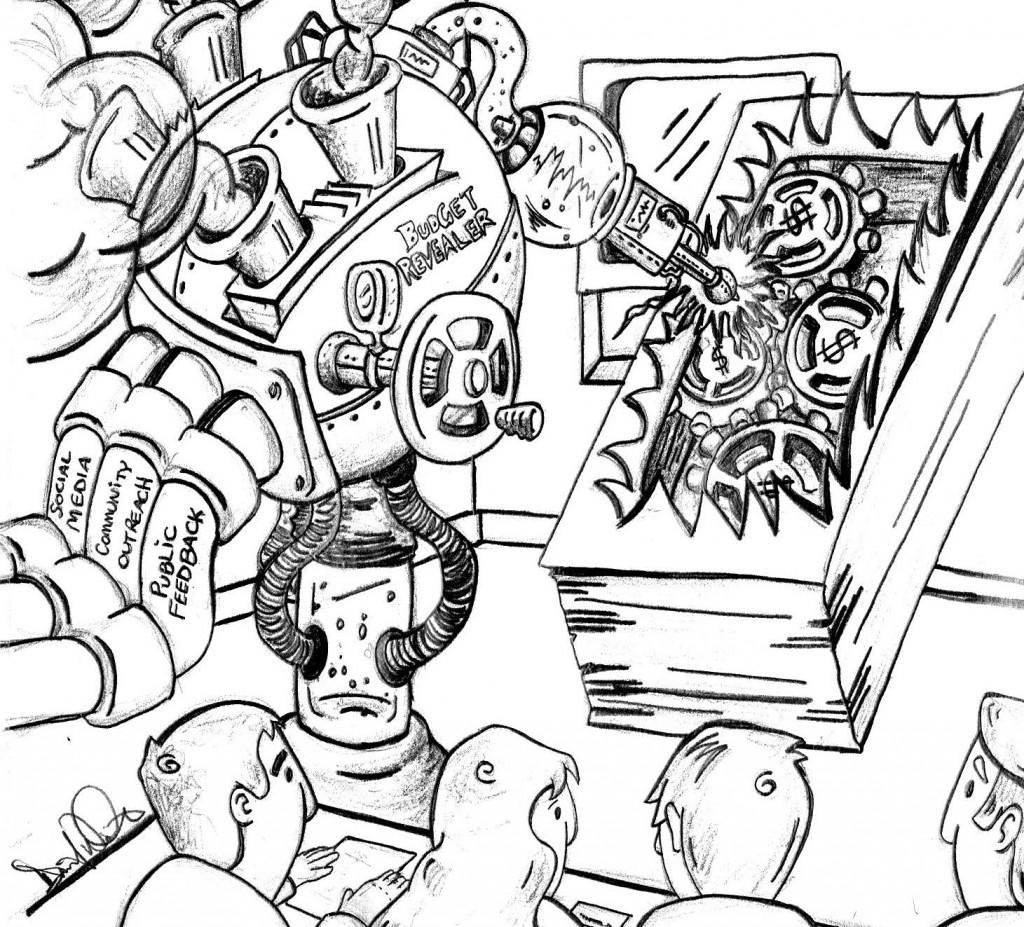By Nicole Ingalls/reporter
What students like Frazier may not realize is the long-term side effects of these artificial stimulants that can be hazardous to their health.
A can of Monster has more than 2,000 milligrams of energy-stimulating ingredients per serving, and each has two to four servings.
In some countries, a warning label limiting consumption is required on every can.
Vitamin B-12, a major component of common energy drinks, can have both benefits and side effects.
If consumed in proper doses and with substantial food, B-12 helps to protect red blood cells and ensure constant production.
If the B-12 vitamin is not used in moderation and with food, side effects can range from anxiety attacks to insomnia.
Dermatologist Stephen Gano of Arlington said problematic skin can also be the result of too much vitamin B-12.
Caffeine, the most common stimulant, is linked to nervousness, fatigue and headaches. These symptoms are common among students and often overlooked as stress from everyday life.
Pat Marling, NE Campus health services coordinator, promotes a healthy breakfast for students.
“If they [students] get up and eat breakfast with a complex carbohydrate and a protein, it takes longer for the blood glucose to process it [caffeine], making the energy last longer,” she said.
Sugar and high-fructose corn syrup in energy supplements can also have a laxative effect and cause the body’s energy to “crash,” or fluctuate uncontrollably, when sugar leaves the body.
“The basic ingredient in energy drinks is caffeine,” Marling said. “A little is fine. Energy drinks are not caffeine in moderation.”
All energy drinks also contain simple or refined carbohydrates. Consuming these without a proper diet plan and plenty of water can cause one’s weight to rise or fall to unhealthy levels.
Kidney failure, high blood pressure and heart disease have also been linked to the improper use of energy supplements.
Although keeping up with school, work and, for some, parental responsibilities can be exhausting, the key to maintaining a healthy lifestyle lies in proper diet and moderation.
Having a Red Bull from time to time is not harmful when students keep healthy habits as well.
To keep energy up and the body functioning properly, everyone should drink plenty of water and have nothing less than a cereal bar for breakfast.
























